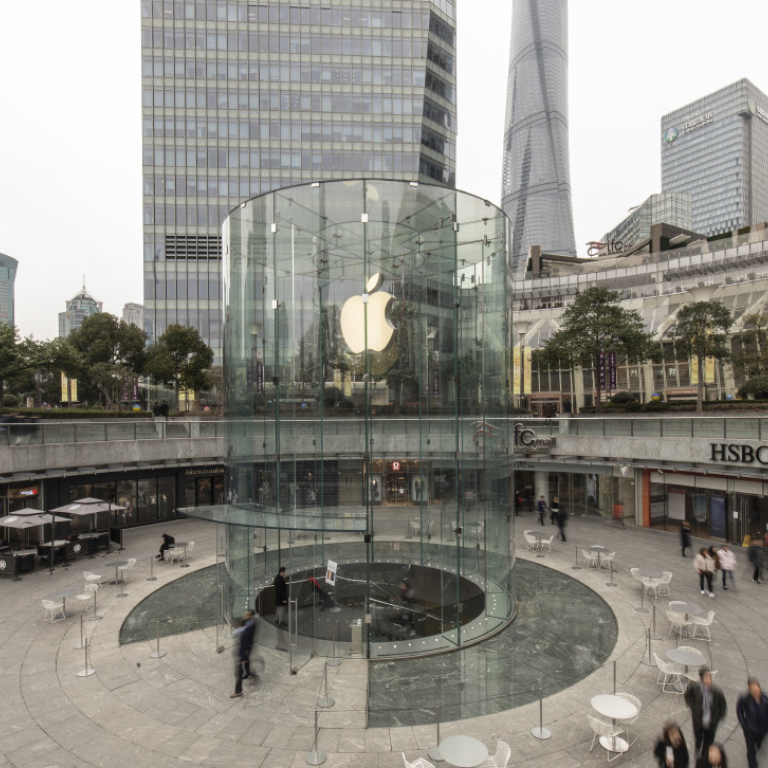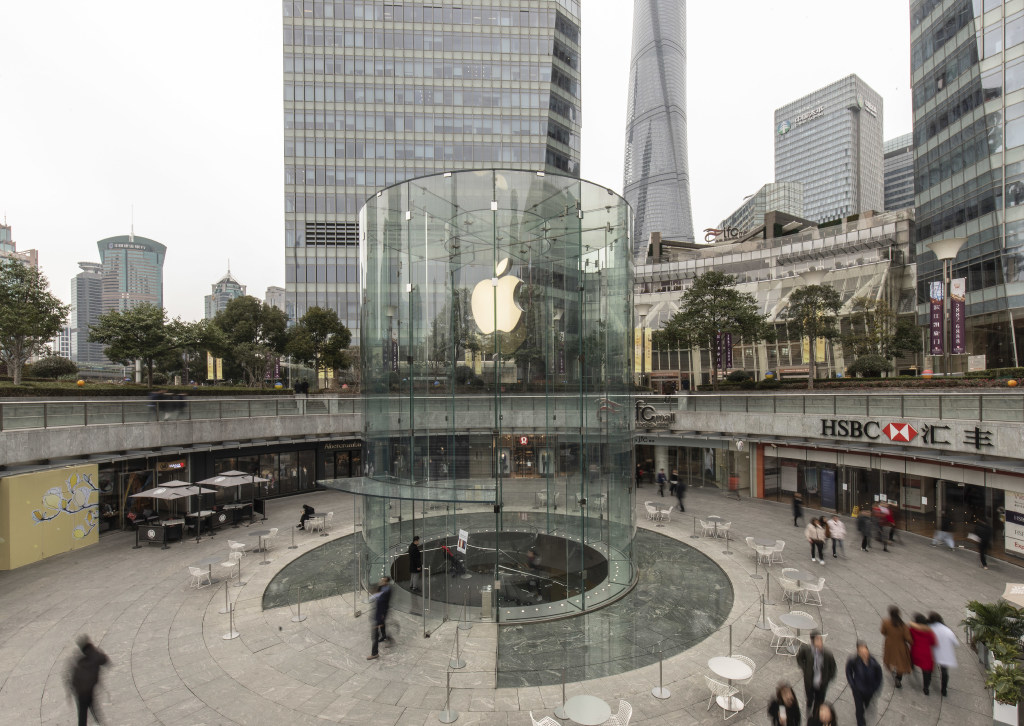
Apple is pivoting to services, but will that work in China?
Latest quarterly earnings show Apple’s services business grew 13% worldwide
Looking at Apple’s array of services, it’s easy to see how this strategy works in the West. But what about China? Is Apple’s pivot to services an effective move in a country that doesn’t have access to the iTunes Movie store and isn’t used to paying for music?
THE WECHAT EFFECT
For starters, one big barrier for Apple is WeChat.
WeChat’s multitude of features -- bolstered by an array of mini programs from third parties -- means it can handle almost every situation from inside the app itself. While outside China you might use one app to message someone, another to call a taxi and a third app to pay for dinner, inside China, all of that can be handled by WeChat.
Mini Programs: The apps inside apps that make WeChat so powerful
And that’s a challenge for Apple. If a user knows she might easily ditch her iPhone for, say, a Huawei phone, she’s probably less likely to commit to an Apple service. Why pay for a year of iCloud storage when you can’t use that service on your Huawei phone in a few months?
WHO PAYS FOR MUSIC ANYWAY?

Part of the reason could be that China is still warming up to the concept of paying for music.
KARAOKE AND QR CODES
Part of Apple Music’s weakness in China could also come down to domestic tastes. Most Apple services look very similar across markets, whether you’re in the US or Japan. While that uniformity has long been part of Apple’s appeal, it also provides an edge for local services that are more attuned to local needs.
Tencent Music’s services are full of features that are popular in China, like live-streamed sessions from artists and karaoke recording, which lets users cover their favorite songs and share it with friends. These aren’t present on Apple Music.

(Abacus is a unit of the South China Morning Post, which is owned by Alibaba.)
WHIMS OF THE GOVERNMENT
But as Maestri notes, that improved performance was helped by new approvals of key game titles from Chinese authorities. It’s one indication of the colossal control China’s government has on the fortunes of tech companies.
If Apple plans to bring its upcoming gaming service Apple Arcade to China, any titles will have to comply with the government’s strict censorship rules.
YOU CAN’T PAY FOR SOMETHING THAT DOESN’T EXIST
It might seem obvious, but for Apple services to make money in China, they’ll have to be in China.
All that gives Chinese consumers fewer reasons to embrace the Apple ecosystem. And that makes it all the easier to ditch the brand when it comes time for a phone upgrade.
For more insights into China tech, sign up for our tech newsletters, subscribe to our Inside China Tech podcast, and download the comprehensive 2019 China Internet Report. Also roam China Tech City, an award-winning interactive digital map at our sister site Abacus.

